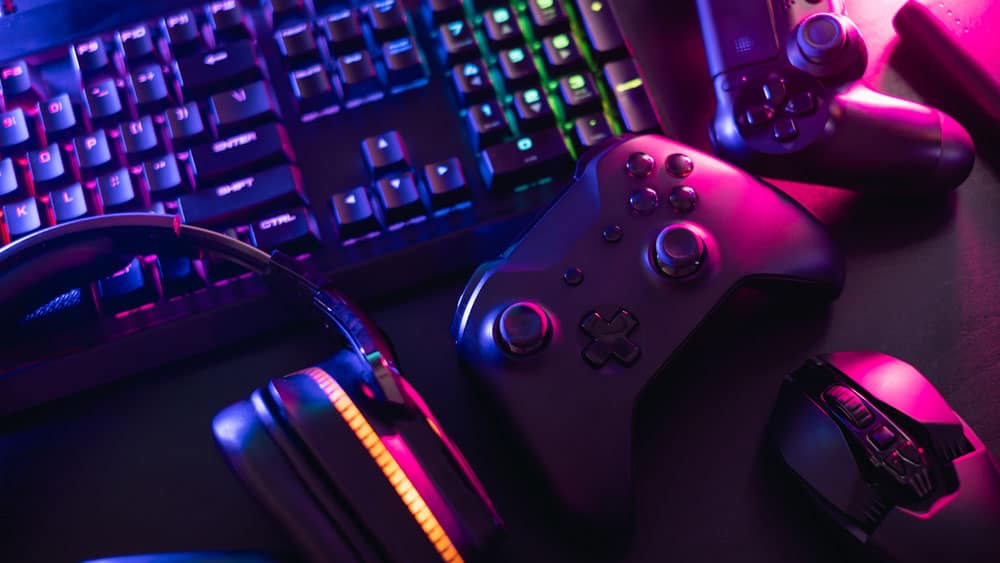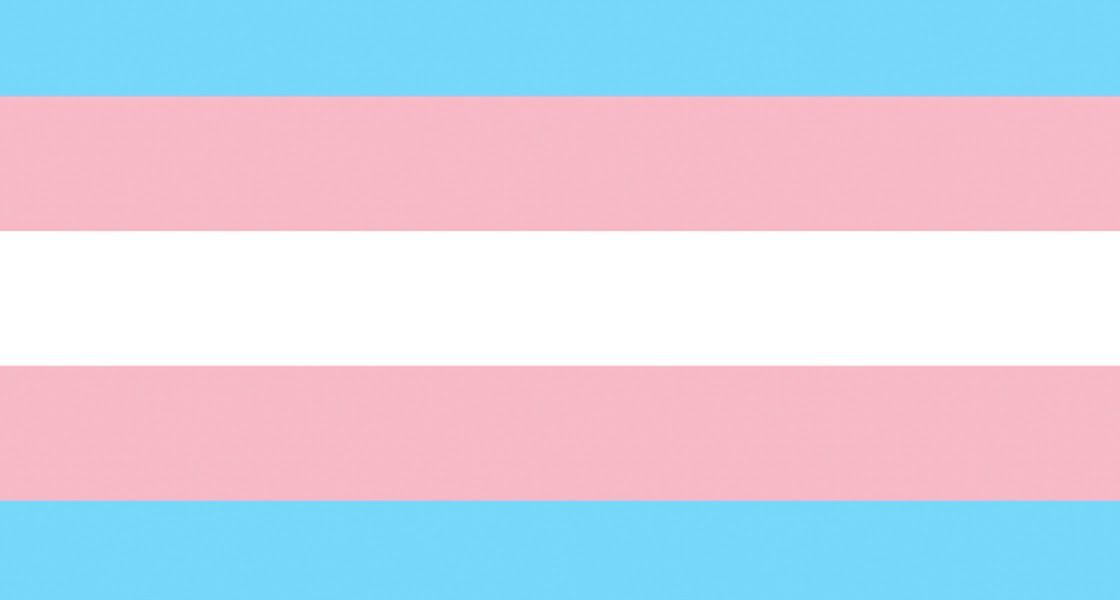Schlagwort: #include
-

Powercoders and Arduino #Include join forces to promote equal opportunities
Reading Time: 3 minutesThe Arduino #include program was first announced as part of 2021’s Arduino Day. Since then we’ve been working with Powercoders, which runs a bootcamp to promote equality in the IT industry. Powercoders Internship Powercoders is a non-profit coding academy for refugees. It offers a 3-month bootcamp followed by a 6 to 12…
-

Arduino #Include Teams Up With Ghanaian “Lab on Wheels” Education Project
Reading Time: 3 minutesThe Arduino #Include program was first announced as part of the 2021 Arduino Day event. Since then, the team has been refining exactly how #Include will help members of the Arduino community to spread our love of electronics around the world. One of the pilot programs has just taken delivery of equipment…
-

Transgender Awareness Week: spreading gender awareness in the Arduino community
Reading Time: 4 minutesTransgender Awareness Week, which culminates today with the Transgender Day of Remembrance (TDOR), aims at raising the visibility of the transgender and gender non-conforming people, and address the issues their community faces. At Arduino, we believe that technology should improve the lives of everyone, regardless of their gender, sexuality, race, age, ability, nationality,…

